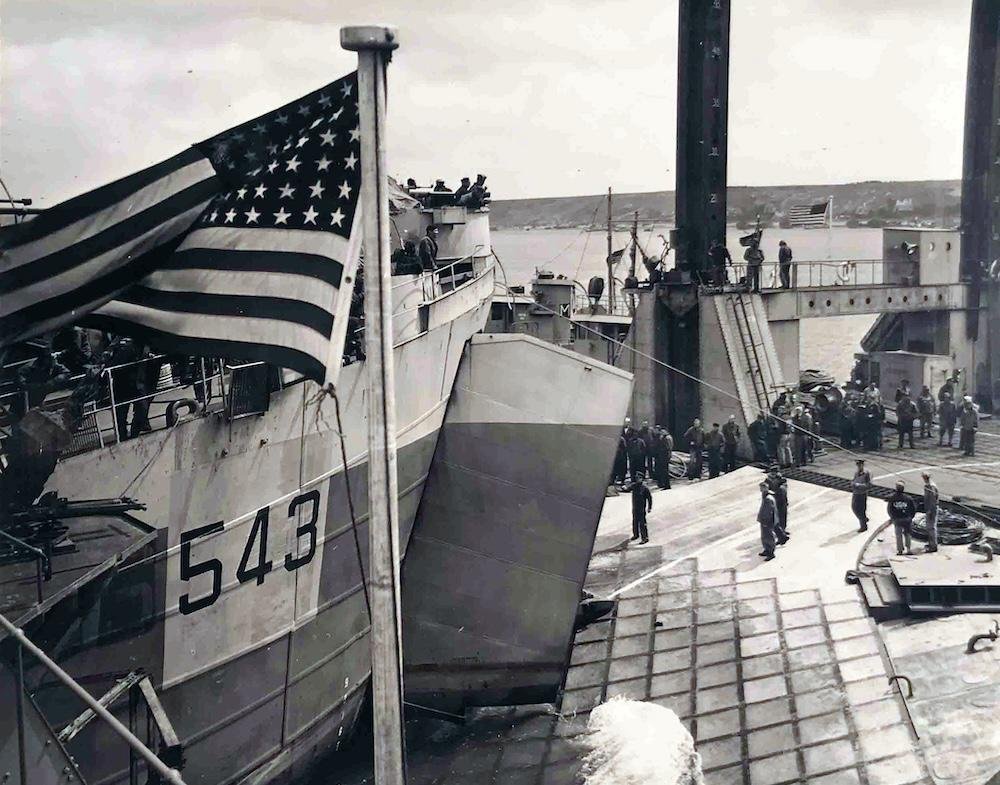family
African-American GIs of WWII: Champions of Democracy on Two Fronts

For decades, the significant contributions of African-American soldiers in World War II remained largely unrecognized in the United States. The Black press, however, fondly dubbed them the “tan soldiers,” yet most narratives celebrating America’s “Greatest Generation” overlooked their sacrifices and bravery. Historian and author, whose research culminated in the 2010 book “Breath of Freedom,” explored this overlooked aspect through extensive investigations in over 40 archives across the U.S. and Germany.
When a documentary inspired by his book emerged from a German TV production in collaboration with Smithsonian TV, the filmmakers dedicated two years to combing through U.S. media and military archives. Their search for footage of African-American soldiers during the final campaign against Nazi Germany yielded less than 10 minutes of video. This is particularly striking considering that nearly one million African-Americans served in the military amidst 16 million U.S. soldiers during the war.
These men fought valiantly in the Pacific theater and were crucial in liberating Europe. While serving in segregated units, they occupied post-war Germany as part of the Army contingent tasked with promoting democratic values and eradicating racism. Experiencing the contrast between their sacrifice overseas and the racial inequalities at home motivated many veterans to continue battling for civil rights upon their return.
As a scholar focused on German history, the commitment of this generation is evident. They defended democracy abroad while facing systemic discrimination in the U.S. Their unwavering belief in America’s democratic ideals contributed to the establishment of a free and democratic West Germany—a nation they helped shape just a decade after the war.
From the rise of Adolf Hitler in 1933, African-American leaders and the Black press utilized America’s denunciation of Nazi racism to shine a light on domestic injustices like Jim Crow. The war provoked civil rights advocates to intensify their rhetoric, asserting that service in World War II would secure full citizenship for African-Americans. Poets like Langston Hughes echoed this sentiment through works such as his 1943 poem, “From Beaumont to Detroit,” which lamented ongoing racial oppression.
Despite the push for equality, military leadership, dominated by white Southern officers, resisted integration, fearing it would disrupt troop morale and efficiency. This reluctance meant that although Black soldiers trained as pilots within the Tuskegee Airmen, the vast majority remained in labor and supply roles rather than combat units. Only during times of desperation, like in the Battle of the Bulge, did Black soldiers see temporary integration.
The Army’s post-war directives acknowledged the imperative of teaching Germans that racial superiority is fundamentally flawed, yet the current reality of the Jim Crow army starkly contrasted this message. In a racially segregated military, Black troops recognized the hypocrisy of advocating for democracy while being denied the same freedoms at home.
Experiencing life in post-Nazi Germany presented Black soldiers with their first glimpse of an environment free from institutionalized racism. Their identities as victorious liberators were bolstered by their American identities, creating an unexpected camaraderie with many Germans. Surprised by their warm reception abroad, these soldiers found solace in cultural exchanges, especially through music, attending to a populace drawn to the rich sounds of jazz—banned under Nazi rule.
Despite the successes abroad, the realities of a segregated military posed increasing embarrassment for the U.S., especially during the Cold War. Critics in the Soviet Union capitalized on this discrepancy, questioning America’s status as the leader of the “free world” in light of its domestic racial injustices. This criticism prompted civil rights advocates to leverage foreign policy failures to demand domestic reform.
The return of veterans became a catalyst for civil rights movements, utilizing their experiences to advocate for change at home. The landmark integration of the U.S. military occurred through President Truman’s 1948 Executive Order 9981, setting the stage for future victories like the 1954 Brown v. Board of Education decision. World War II veterans became proactive players in the fight for civil rights, with a third of movement leaders having served in the military.
They mobilized their expertise within organizations like the NAACP and were instrumental in organizing pivotal events such as the 1963 March on Washington. Veteran Joe Hairston recalled, “We structured the March on Washington like an army formation,” reflecting their military influence on civil rights advocacy.
The 2009 and 2013 inaugurations of President Barack Obama represented significant milestones for these veterans, who had tirelessly fought for a more equitable America. Witnessing an African-American ascend to the presidency, many veterans found hope in a continued pursuit of justice and equality.
For those interested in diving deeper into the impact of African-American soldiers during World War II, “The Civil Rights Struggle, African-American GIs, and Germany” digital archive offers extensive resources.

















